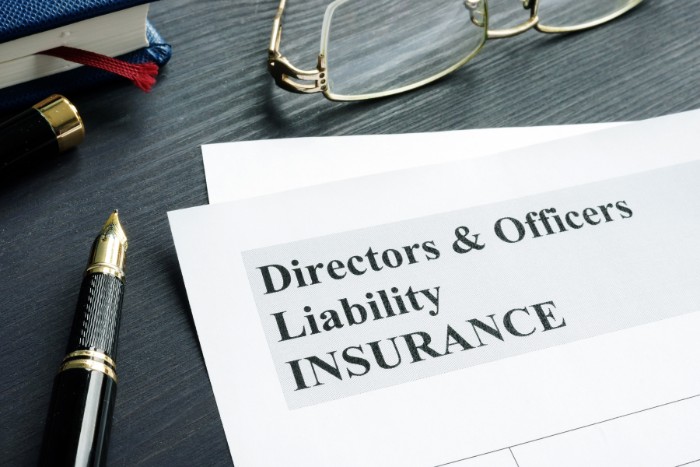Does Your Not-for-Profit Board Need D&O Insurance?

Directors and officers (D&O) liability insurance is designed to protect board members from personal financial responsibility in the event of litigation related to their decisions. While common in the corporate world, fewer not-for-profit organizations carry this coverage. Many not-for-profits assume that their mission or the goodwill of their volunteer board members shields them from lawsuits, but this assumption can be misguided.
Here are some frequently asked questions to help determine if D&O insurance is necessary for your board:
Who Does D&O Insurance Cover?
A D&O policy generally covers both the organization and its key individuals, including directors, officers, employees, and even volunteers or committee members. This ensures broad protection for everyone involved in the organization’s leadership and operations.
What Does D&O Insurance Cover?

Typically, D&O insurance covers allegations of wrongful acts, errors, omissions, negligence, or breaches of fiduciary duty. This includes, but is not limited to:
- Mismanagement of funds or investments
- Employment issues, such as harassment and discrimination
- Self-dealing
- Failure to provide services
- Failure to meet fiduciary responsibilities
Are There Limitations to Coverage?
D&O insurance policies are usually claims-made, meaning they cover claims made during the policy period, even if the incident occurred outside of that period. However, once the policy is canceled or expires, it will not cover lawsuits filed after that time, even if the incident occurred when the policy was active.
What Happens If We Need to File a Claim After the Policy Has Expired?
If your policy has expired, you might still have coverage if you purchased Extended Reporting Period (ERP) coverage. ERP coverage protects against claims filed after the policy ends but for actions that occurred during the active policy period.
How Do We File a Claim?

If a legal complaint is filed against your not-for-profit, contact your insurer to verify if the matter is covered under your policy. Most policies will reimburse reasonable defense costs in addition to covering any judgments against the insured.
How Can We Keep Insurance Costs Down?
When deciding on coverage, consider carefully the individuals and actions that need protection, and the amount of coverage required. For example, you may not need protection for bodily injury or property damage claims, which are typically covered by general liability and workers’ compensation insurance. As with most types of insurance, opting for a higher deductible can help lower your D&O premiums.
Making the Decision
Not every not-for-profit organization requires D&O insurance. In certain states, volunteer immunity statutes offer limited protection against negligence. However, this protection doesn’t extend to federal statutes, so it’s crucial to understand the specific legal environment in which your organization operates.
For more guidance on whether D&O insurance is right for your organization, or if you have questions about your board’s coverage, visit PKF Texas today to consult with one of our experts. Let us help you protect your not-for-profit’s leadership and operations from potential liabilities.

